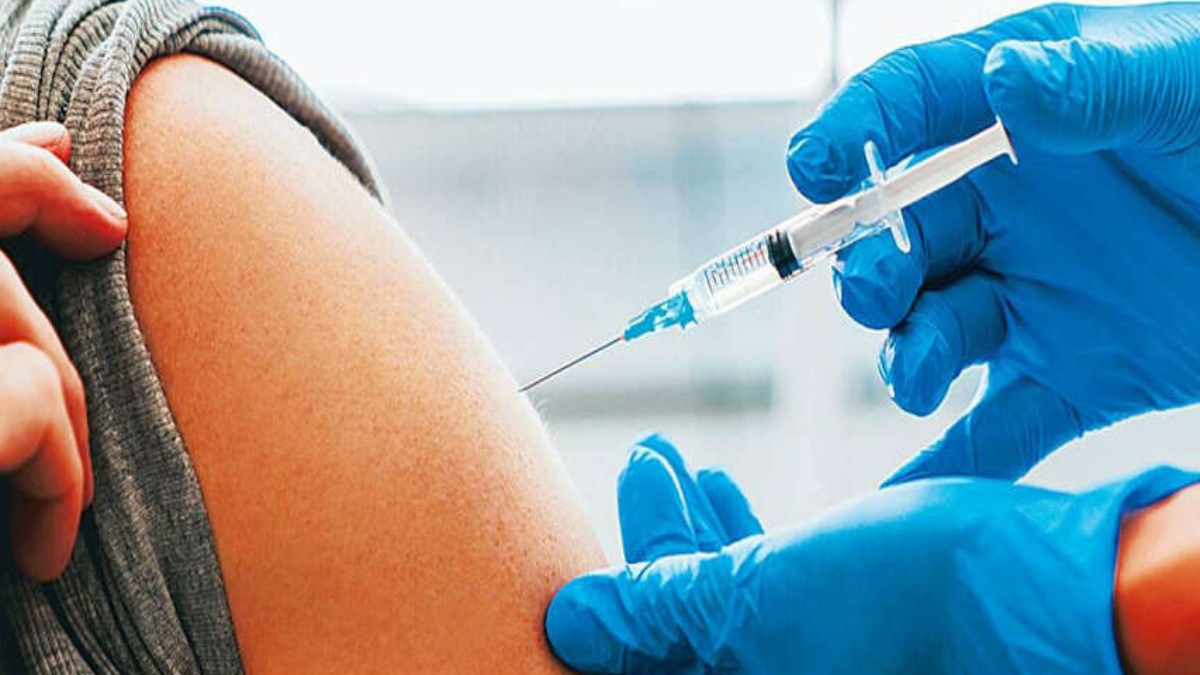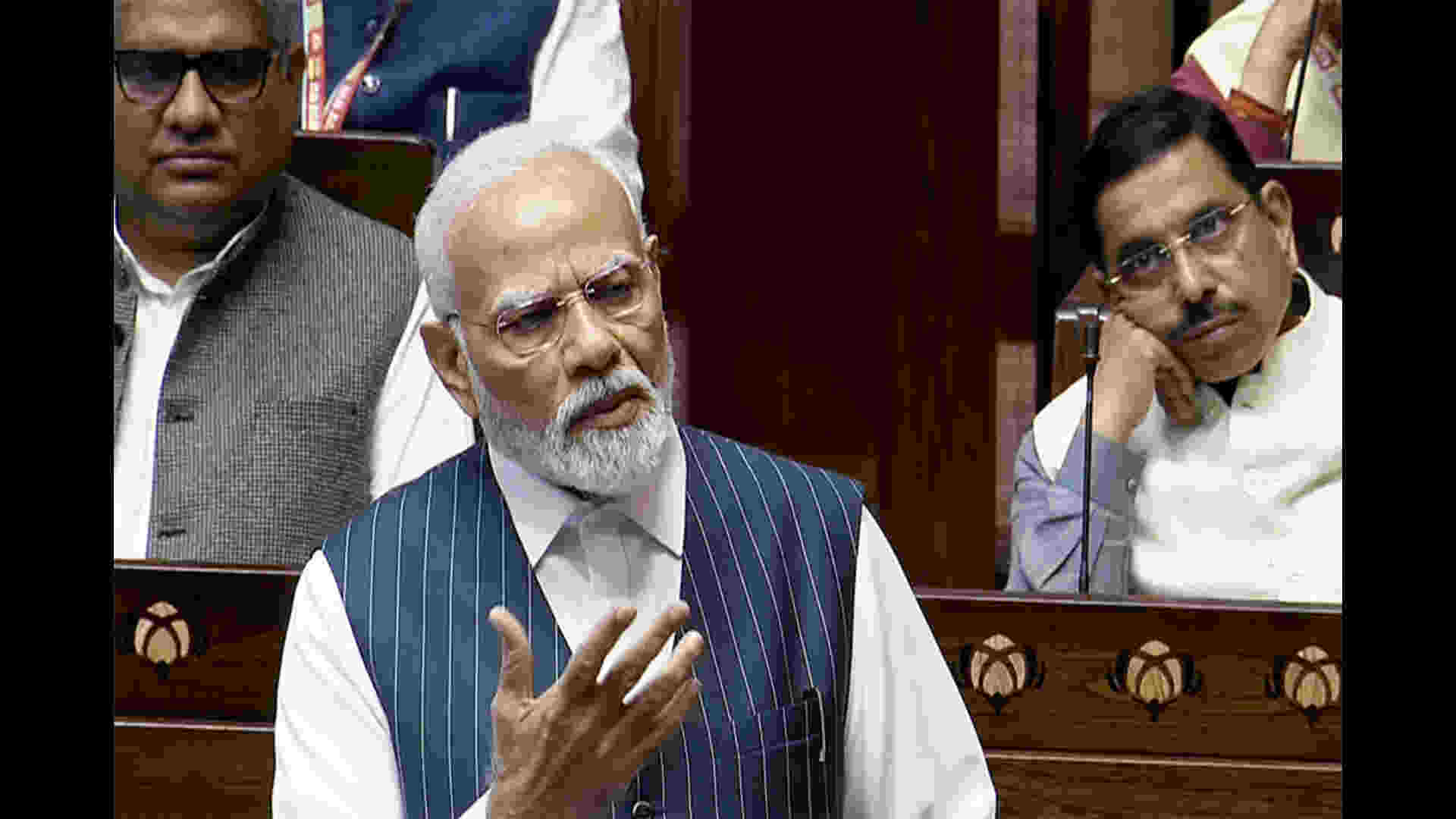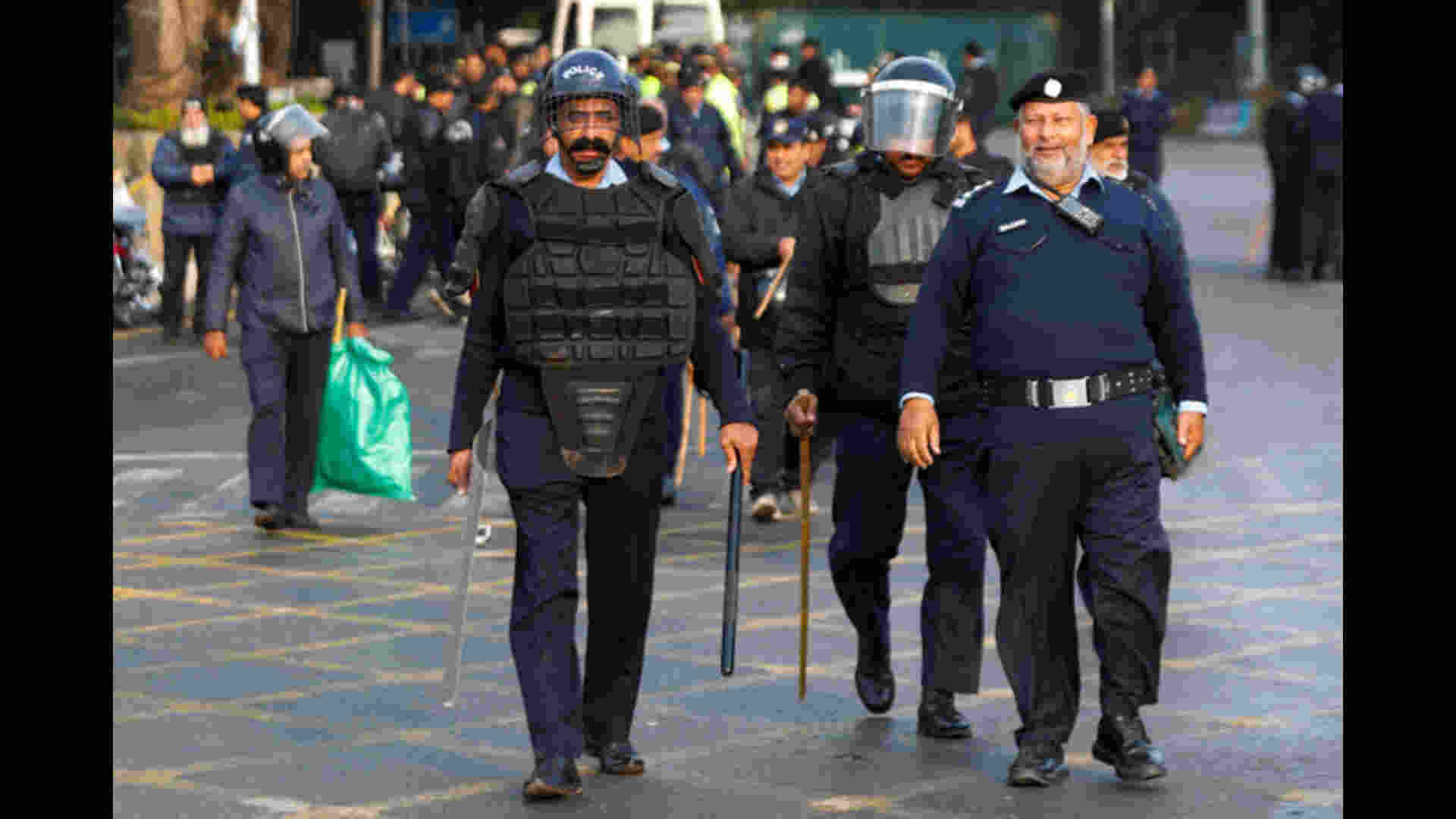
A new study has examined vaccine acceptance and hesitancy rates in ten low and middle-income countries from Asia, Africa, and South America. The research published in Nature Medicine reveals willingness to get a COVID-19 vaccine was considerably higher in developing countries (80 per cent of respondents) than in the United States (65 per cent) and Russia (30 per cent). The study provides one of the first insights into vaccine acceptance and hesitancy in a broad selection of low- and-middle income countries (LMIC), covering over 20,000 survey respondents and bringing together researchers from over 30 institutions including the International Growth Centre (IGC), Innovations for Poverty Action (IPA), WZB Berlin Social Science Center, the Yale Institute for Global Health, the Yale Research Initiative on Innovation and Scale (Y-RISE), and HSE University (Moscow, Russia).
Personal protection against COVID-19 was the main reason given for vaccine acceptance among LMIC respondents (91 per cent), and concern about side effects (44 per cent) was the most common reason for vaccine hesitancy. Health workers were considered the most trusted sources of information about COVID-19 vaccines.
The study comes at a critical juncture when vaccine shipments are still slow to arrive to the majority of the world’s population, and COVID-19 cases are surging in many parts of Africa, Asia, and Latin America. The findings suggest that prioritizing vaccine distribution to low- and middle-income countries should yield high returns in expanding global immunization coverage.
“As COVID-19 vaccine supplies trickle into developing countries, the next few months will be key for governments and international organizations to focus on designing and implementing effective vaccine uptake programs,” said Niccolo Meriggi, Country Economist for IGC Sierra Leone and study co-author.















